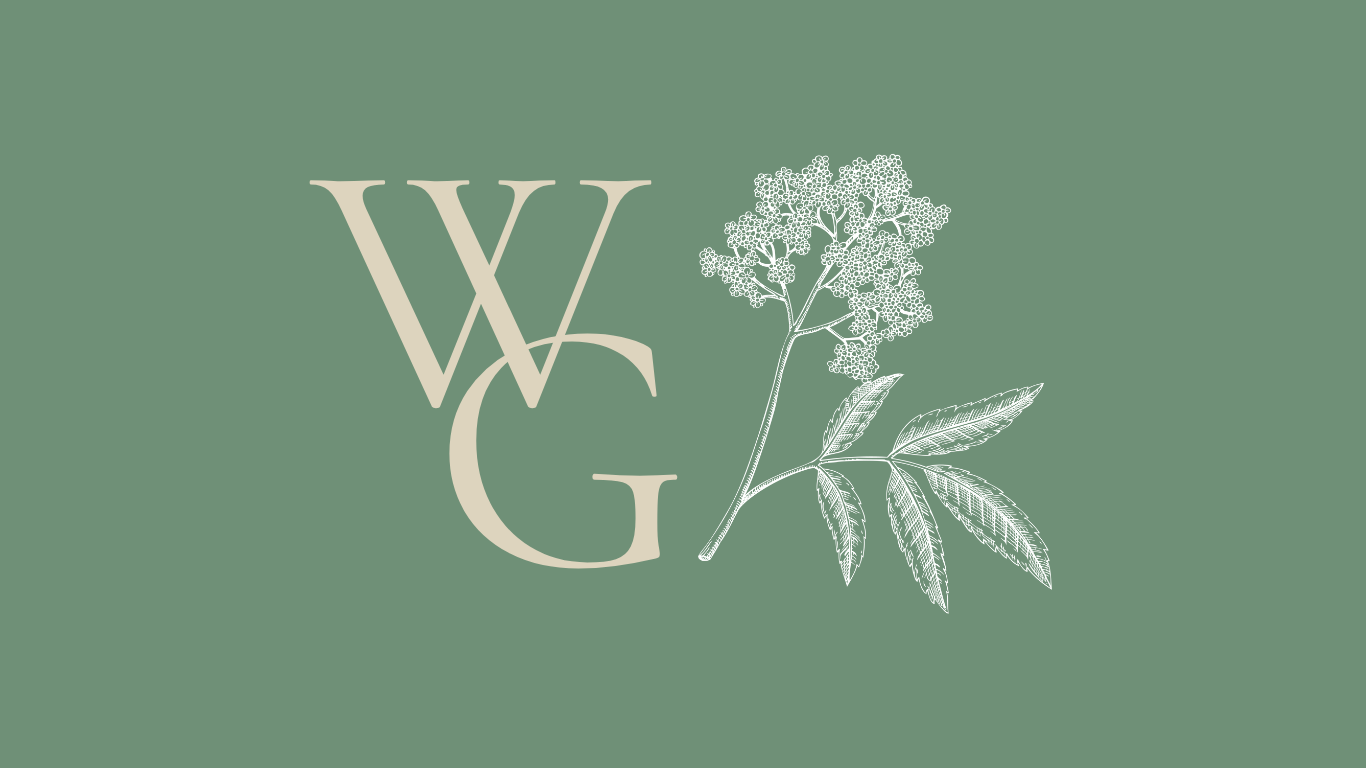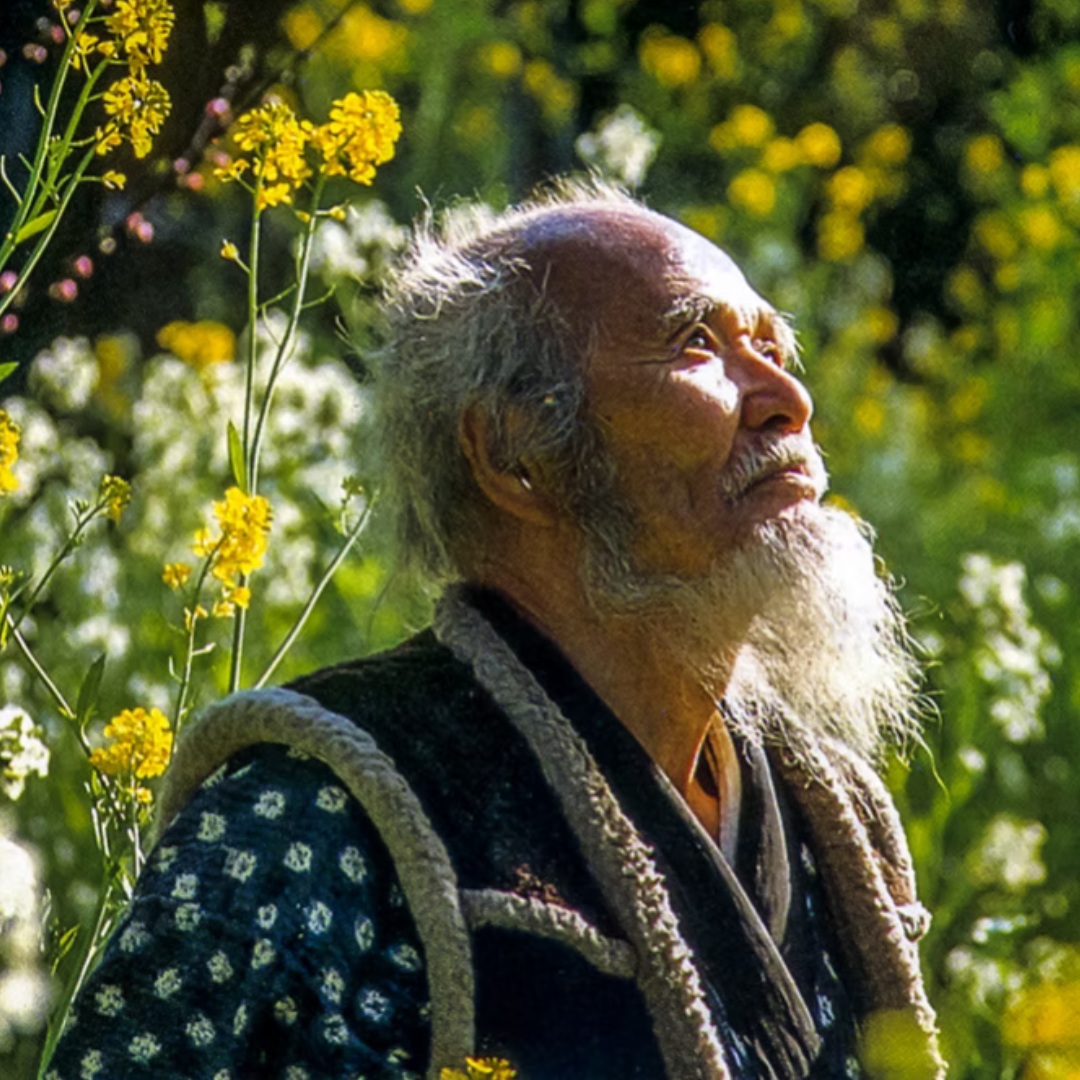Masanobu Fukuoka and the Wisdom of Letting Go
“The ultimate goal of farming is not the growing of crops, but the cultivation and perfection of human beings.”
— Masanobu Fukuoka
Farming is one of humanity’s oldest cultural practices, developed as a way to sustain communities while shaping landscapes. In the twentieth century, Japanese farmer and philosopher Masanobu Fukuoka introduced a radical approach he called “natural farming.” His ideas emerged at a time when industrial agriculture was expanding rapidly, offering a vision of cultivation based not on machinery and chemicals but on trust in ecological processes.
Masanobu Fukuoka (1913–2008) was trained as a microbiologist and worked in plant pathology before returning to his family farm on Shikoku Island. Over decades of observation, he developed a method of farming that rejected unnecessary interventions and emphasized simplicity, humility, and alignment with natural systems. His book The One-Straw Revolution (1975) became a cornerstone of ecological agriculture, translated into many languages and influencing farming movements worldwide.
Fukuoka described his approach as “do-nothing farming,” meaning a practice guided by restraint and deep trust in natural succession.
No tillage: protecting soil structure and microbial life
No chemical fertilizers or pesticides: maintaining fertility through natural processes
No weeding by cultivation: relying on cover crops and groundcover to maintain balance
No dependence on machinery: valuing handwork and ecological health
Trust in natural succession: allowing landscapes to establish resilience over time
Fukuoka’s work demonstrated that agriculture could be both productive and restorative when guided by observation and patience. His experiments with seed balls, cover crops, and perennial grains showed practical alternatives to intensive farming systems. His philosophy influenced the global permaculture movement, regenerative agriculture, and countless gardeners and farmers seeking to align cultivation with ecological processes.
At its core, Fukuoka’s teaching is philosophical as well as practical. He presented farming as a spiritual path, one that cultivates the character of the farmer as much as the fertility of the soil. To farm naturally is to engage in humility, to practice patience, and to recognize the intelligence inherent in the land itself.
Masanobu Fukuoka’s natural farming continues to inspire ecological movements around the world. His writings remain a touchstone for those seeking to align cultivation with the rhythms of Earth. He offered a vision of agriculture as both subsistence and spiritual practice, reminding us that to tend soil is also to tend the human spirit.
Resources & Further Reading
The One-Straw Revolution by Masanobu Fukuoka
Sowing Seeds in the Desert by Masanobu Fukuoka

